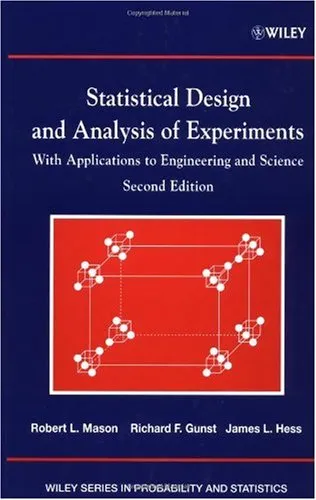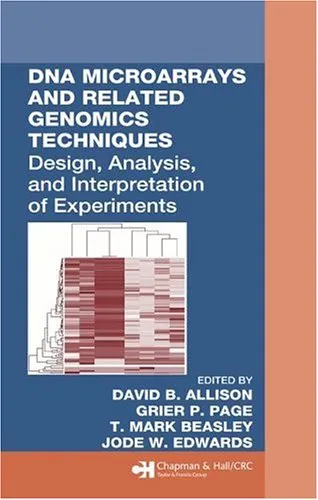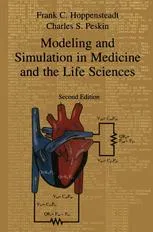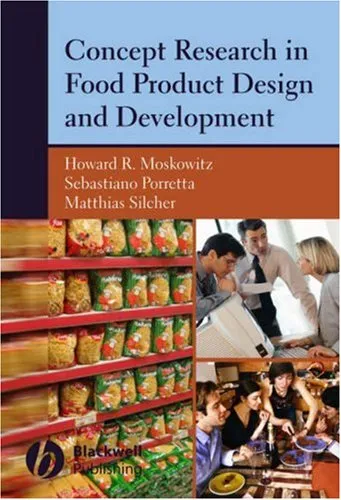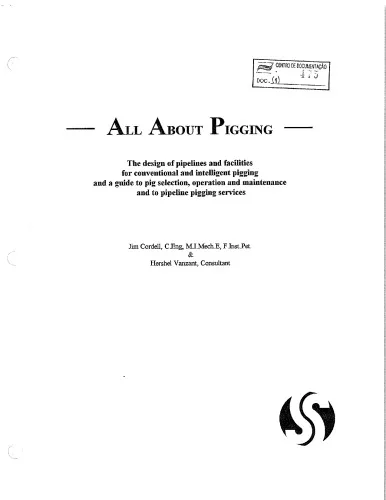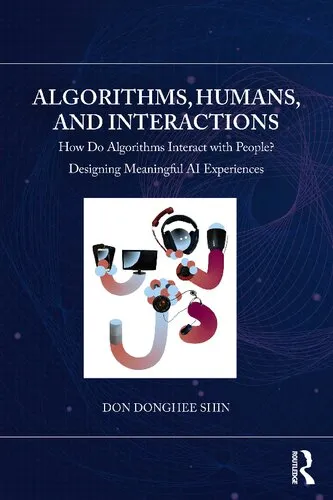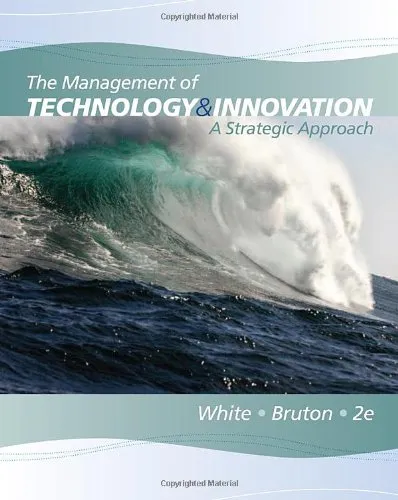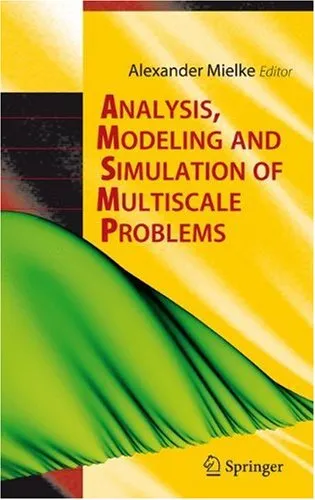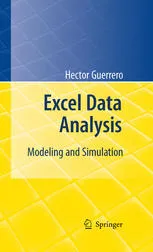Statistical design and analysis of experiments with applications to engineering and science
4.7
Reviews from our users

You Can Ask your questions from this book's AI after Login
Each download or ask from book AI costs 2 points. To earn more free points, please visit the Points Guide Page and complete some valuable actions.Related Refrences:
Introduction
The book "Statistical Design and Analysis of Experiments with Applications to Engineering and Science" by Robert L. Mason, Richard F. Gunst, and James L. Hess is a foundational resource for professionals, students, and researchers aiming to understand and apply the principles of experimental design and analysis in real-world engineering and scientific contexts. This comprehensive guide bridges the theoretical aspects of statistics with practical applications, offering a step-by-step methodology that is invaluable for constructing well-planned experiments that yield accurate and actionable results.
Designed with both theory and practice in mind, this book balances mathematical rigor with practical examples drawn from diverse fields of engineering, natural sciences, and related disciplines. With a focus on clarity, the authors have ensured that the concepts can be understood and applied even by readers who may not have an extensive background in statistics. Whether you are designing experiments to test new engineering tools, pharmaceuticals, or industrial processes, this book provides the technical foundation and conceptual understanding necessary to make data-driven decisions confidently.
Detailed Summary of the Book
The book serves as a thorough exploration of designing experiments and analyzing their results using statistical tools. It features a logical progression of topics, starting with fundamental principles before diving into more advanced areas.
The early chapters introduce the basic principles of experimental design, explaining key concepts such as randomization, replication, and factorial experimentation. These foundational ideas are critically important to conducting experiments that minimize bias and allow for meaningful interpretation of results. As the book progresses, more complex tools such as analysis of variance (ANOVA), regression analysis, and robust optimization methods are explained in detail. Attention is given to both fixed and random effects models, along with specific applications in areas such as quality improvement, process design, and reliability engineering.
Each chapter is accompanied by practical examples, many of which stem from real-life engineering and scientific problems. The authors also provide exercises, case studies, and computational examples to reinforce the concepts discussed. With its modular structure, readers can approach the book chapter by chapter or focus on specific areas, depending on their needs.
Key Takeaways
- An in-depth understanding of experimental design principles such as blocking, randomization, and factorial design.
- The step-by-step application of statistical methodologies like ANOVA, regression, and response surface methods to real-world experiments.
- Practical guidance on designing experiments in engineering and scientific settings to improve efficiency and reliability.
- Insights into minimizing error sources and improving the precision of experiment-driven conclusions.
- Illustrative examples and exercises to hone statistical skills and apply them to industry-specific challenges.
Famous Quotes from the Book
"The true power of experimental design lies in its ability to unravel the intricate relationships between inputs and outputs in complex systems."
"A well-designed experiment not only provides actionable insights but also lays the foundation for continuous learning and improvement."
"Statistical methods in experimentation are not merely tools but guiding principles in the search for truth and innovation."
Why This Book Matters
The importance of this book cannot be overstated in today’s data-driven world. In fields ranging from manufacturing to healthcare and aerospace to software, decision-making increasingly relies on meticulously gathered and analyzed data. This book equips its readers with the statistical tools and the theoretical underpinnings necessary to ensure that experiments are not only efficient but also credible and reproducible.
Its applications in engineering and science make the book especially salient for those working to improve product design, optimize processes, and innovate in their respective industries. Moreover, the authors’ focus on clarity and practicality makes it accessible to multiple audiences, from students newly learning experimental design to seasoned professionals looking to refine their methods.
With growing emphasis on precision, reproducibility, and data integrity across industries, the methodologies discussed in this book form the backbone of effective experimentation. By bridging theory with practice, it helps readers confidently apply statistical tools to solve existing problems and push the frontiers of innovation.
Free Direct Download
You Can Download this book after Login
Accessing books through legal platforms and public libraries not only supports the rights of authors and publishers but also contributes to the sustainability of reading culture. Before downloading, please take a moment to consider these options.
Find this book on other platforms:
WorldCat helps you find books in libraries worldwide.
See ratings, reviews, and discussions on Goodreads.
Find and buy rare or used books on AbeBooks.
1391
بازدید4.7
امتیاز0
نظر98%
رضایتReviews:
4.7
Based on 0 users review
Questions & Answers
Ask questions about this book or help others by answering
No questions yet. Be the first to ask!
